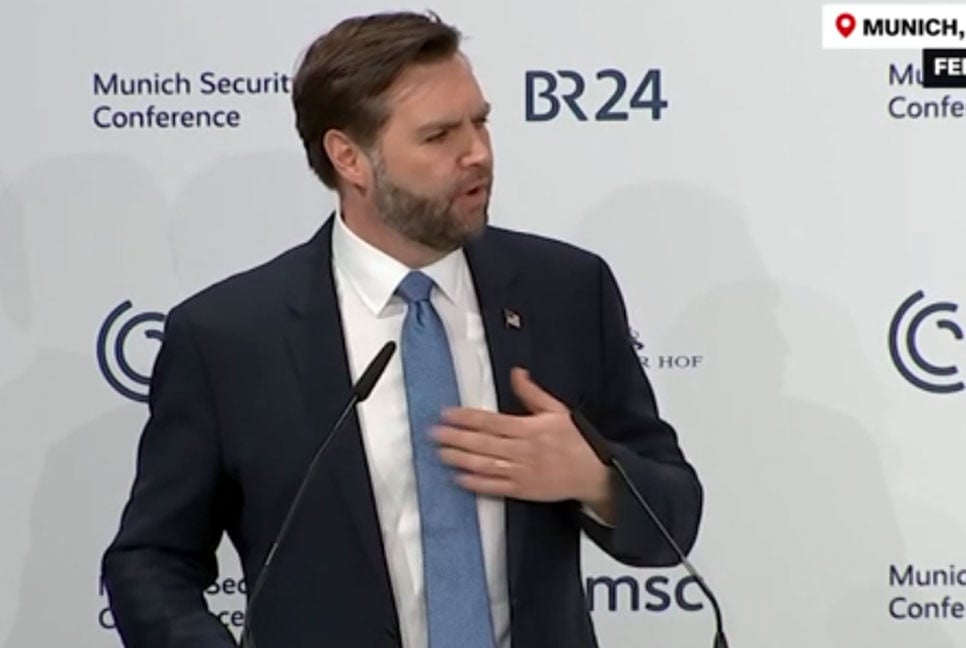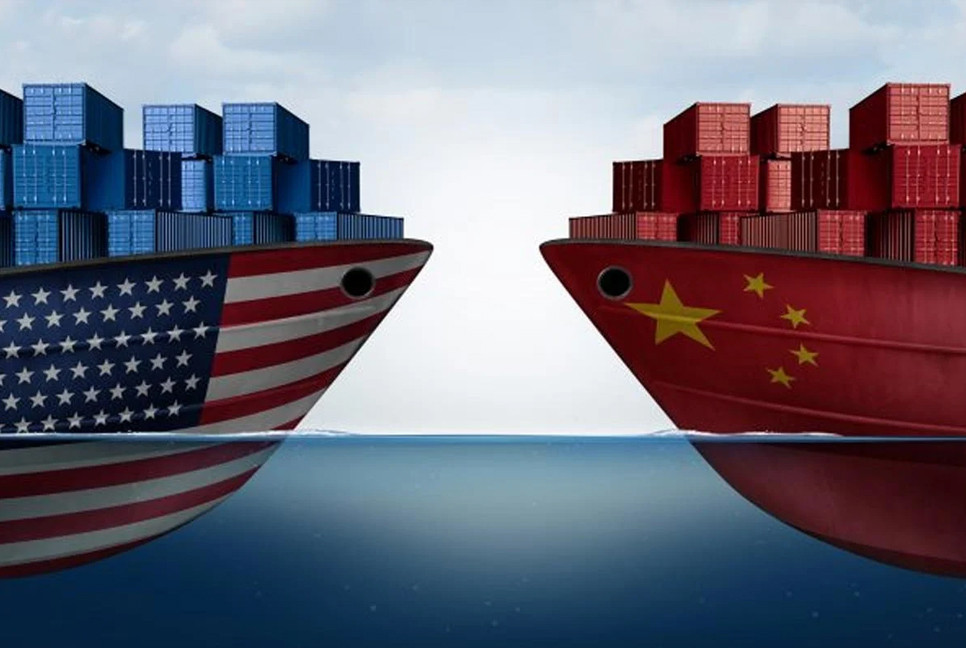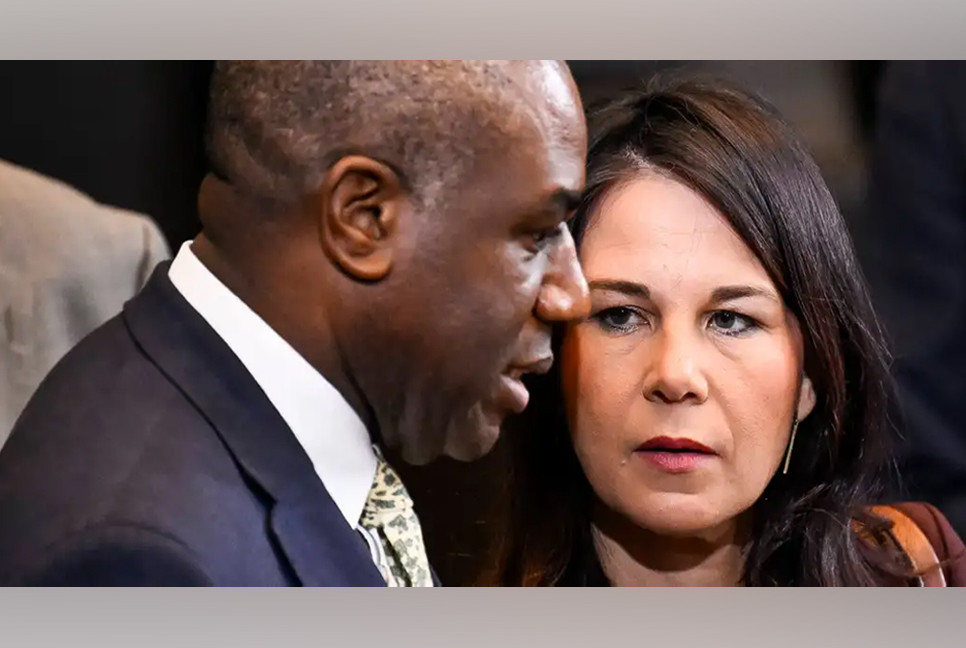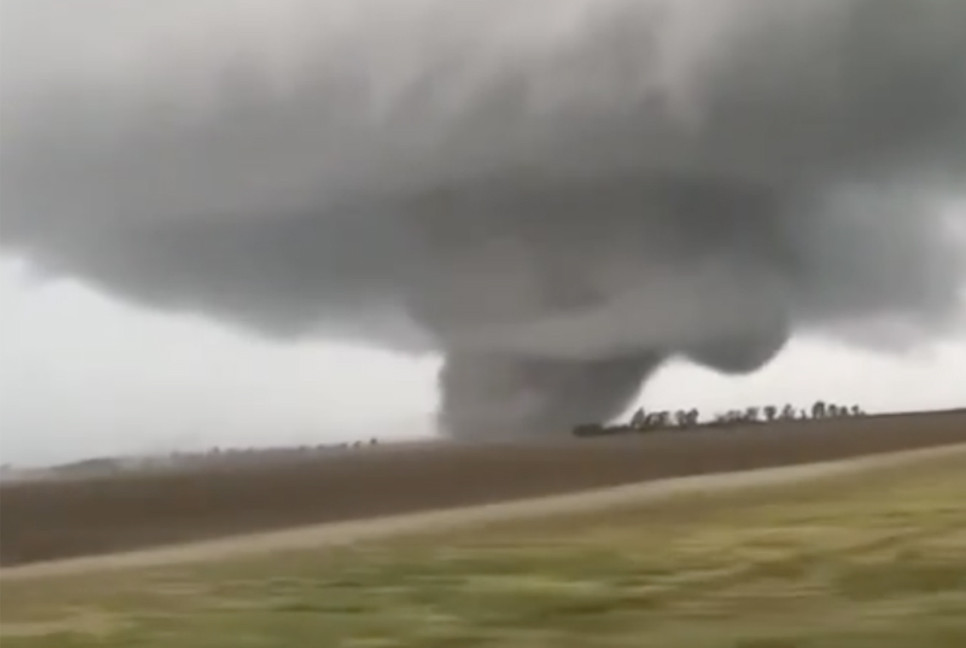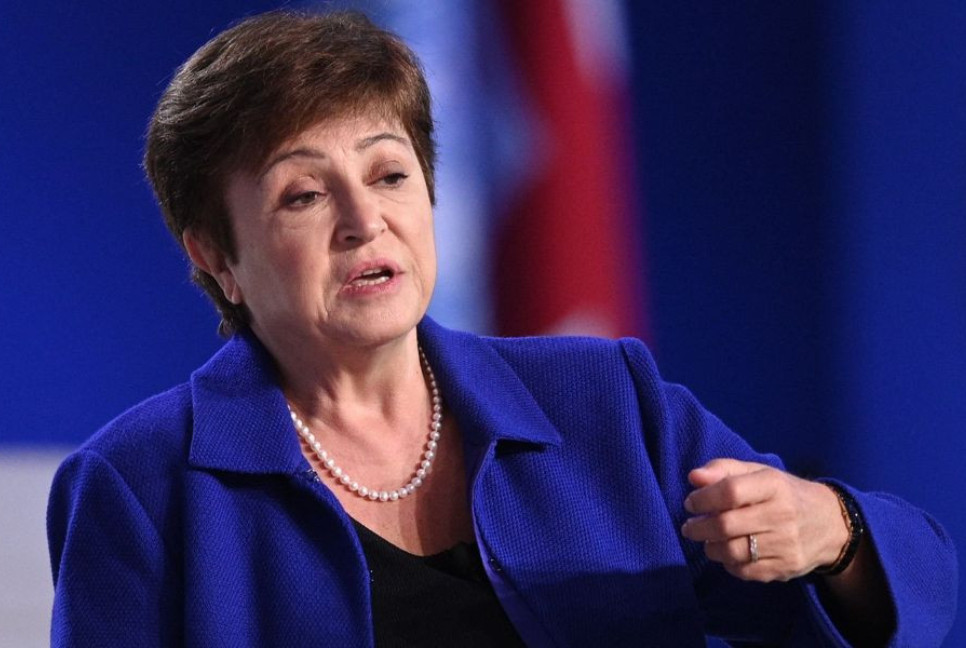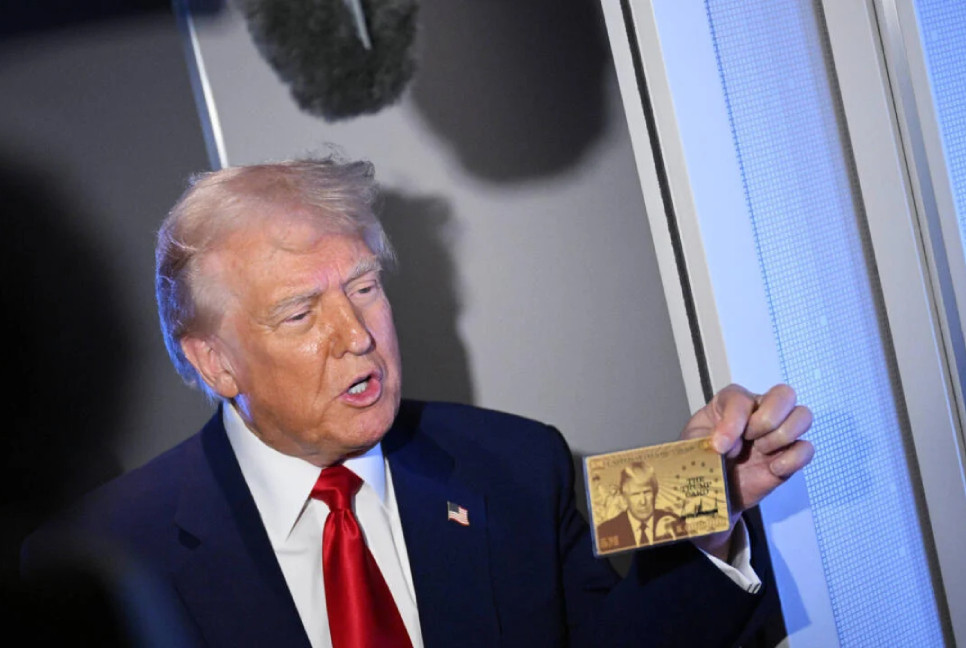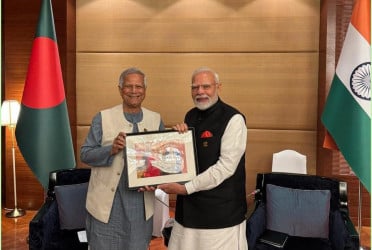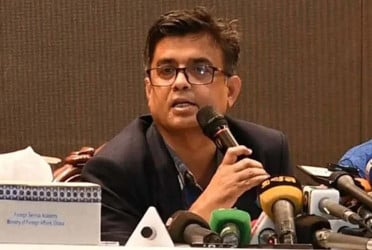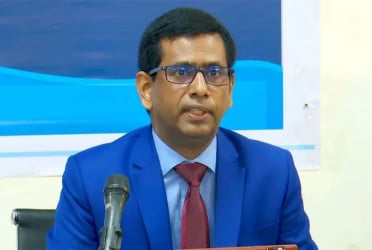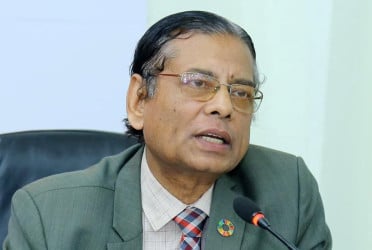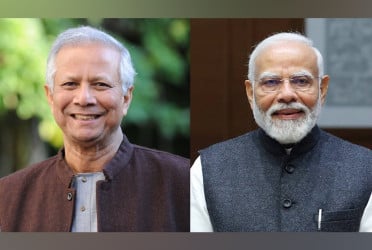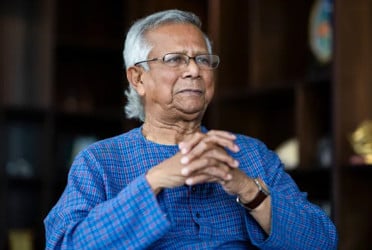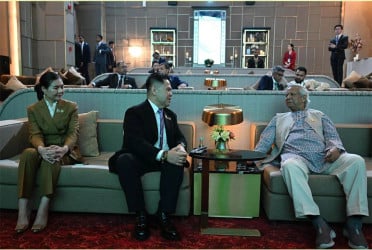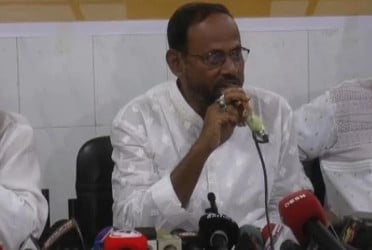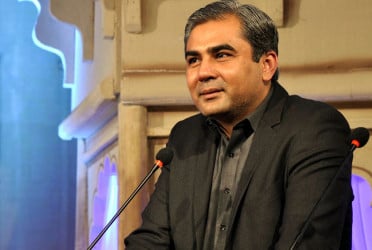In Munich, US Vice President JD Vance delivered a speech on totalitarianism, but it wasn’t directed at Moscow following its brutal invasion of Ukraine. Instead, he targeted Europe, particularly its allies in the European Union. Vance referred to what he called the “enemy within,” accusing European nations of jailing opponents and fearing their own voters. For many in the audience, this sounded like an out-of-touch conspiracy theory, more suited to a tweet than a serious political discussion, reads a CNN report.
Vance's critique began with Romania’s annulled presidential vote, where a far-right, pro-Russian candidate narrowly made it to the second round. Romania’s courts intervened, citing significant Russian interference, a move Vance criticized as a blow to democracy. He suggested this was part of a broader European agenda to censor and imprison dissent, though his claims lacked clarity and evidence, leaving the audience confused.
In what seemed like an odd lecture on Soviet-era tactics, Vance warned against what he saw as Europe’s increasing use of disinformation and censorship, invoking familiar complaints about freedom of speech being under threat. He cited a case in the UK of a man arrested for silently praying near an abortion clinic, failing to explain the legal context that such actions were part of protecting women’s rights and access to healthcare.
Germany’s Defense Minister Boris Pistorius quickly pushed back against Vance’s assertions, calling them “unacceptable” and emphasizing that Europe, including Germany, was committed to defending democracy, not undermining it.
Vance’s speech, filled with sweeping claims, appeared more like a political play to fuel populism across Europe, drawing attention to cultural wars and xenophobic fears. Yet, despite the populist rhetoric, the speech mostly avoided confronting the true threat to Europe’s democracy—Vladimir Putin and the Russian regime. While Europe’s battle with far-right populism and immigration issues was discussed, the real aggressor, Russia, was barely mentioned.
Vance’s remarks came at a time when Europe is particularly sensitive to the threat posed by far-right populism, with many nations already dealing with the fallout of past populist experiments. His speech served as a reminder of the importance of keeping a balanced view of democracy in the face of such threats, urging Europe to recognize the dangers of authoritarianism without disregarding the lessons of its history.
As Orwell once cautioned, rejecting the evidence of one’s own eyes and ears is a dangerous road to take. Vance’s speech appeared to be an attempt to blur those lines, asking Europe to accept his view of the world without acknowledging the broader context of the geopolitical reality.
Bd-pratidin English/ Jisan

